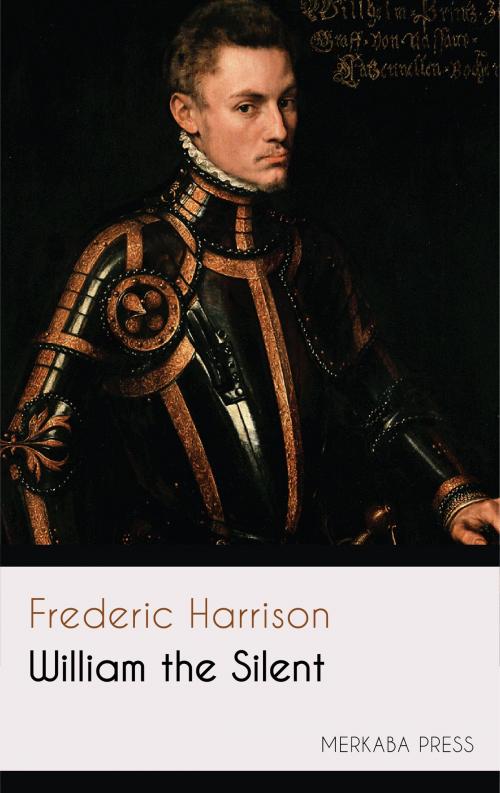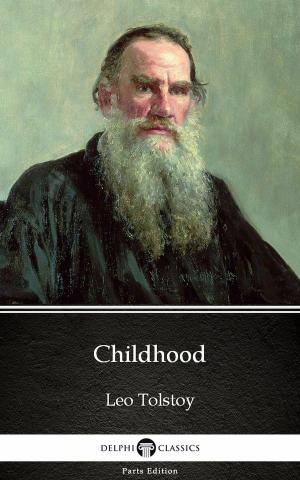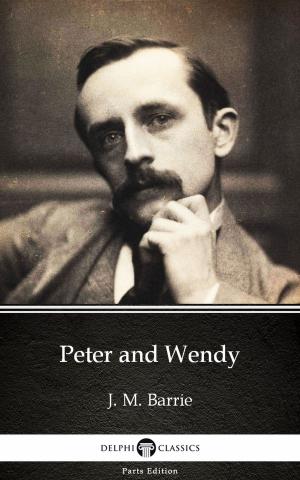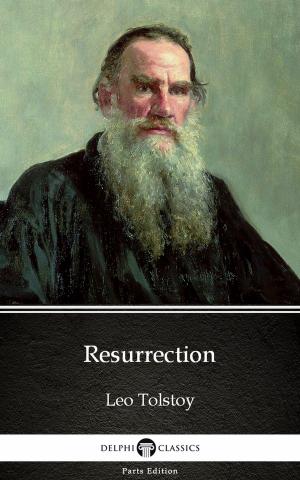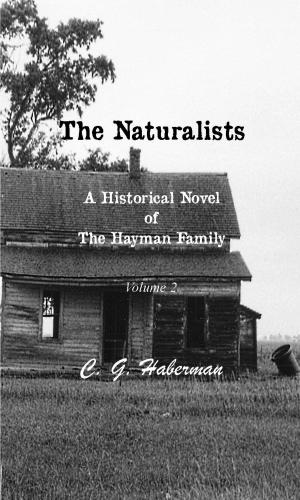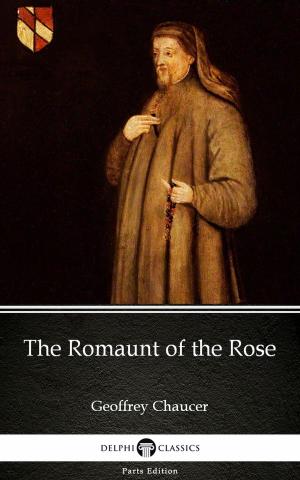| Author: | Frederic Harrison | ISBN: | 6610000025329 |
| Publisher: | PublishDrive | Publication: | August 8, 2017 |
| Imprint: | Merkaba Press | Language: | English |
| Author: | Frederic Harrison |
| ISBN: | 6610000025329 |
| Publisher: | PublishDrive |
| Publication: | August 8, 2017 |
| Imprint: | Merkaba Press |
| Language: | English |
"WHEN we study the foundation of the United Provinces," says a great French writer, "we learn how a State, from an origin almost unnoticed, rapidly rose into greatness, was formed without design, and in the end belied all human forecast. Those large and wealthy provinces of the mainland which began the revolution --Brabant, Flanders, and Hainault--failed to achieve their freedom. In the meantime, a small corner of Europe, which had been won from the sea by infinite labour, and had maintained itself by its herring-fishery, rose suddenly to be a formidable power, held its own against Philip II., despoiled his successors of almost all their possessions in the East Indies, and ended by taking under its protection the monarchy of Spain" (Voltaire, Essai sur les Mœurs, cap. 164).
The man who inspired, founded, and made possible this marvellous development was William, Count of Nassau, titular Prince of Orange, surnamed the Silent.
The eloquent epigram of Voltaire records the result of his achievement. His career, like his nature and his circumstances, was made up of anomalies and filled with complex elements. The man who organised the national rebellion of Holland, by birth a German count, became by inheritance a Flemish magnate and a sovereign prince. A Lutheran by family, he was brought up a Catholic, and died a Calvinist. His early years were passed as a soldier and minister of the Empire, as ambassador and lieutenant of the King of Spain, and as a grandee of boundless magnificence. Himself the mainspring of a national and religious insurrection, his best energies were spent in moderating the political and religious passions which were at once the cause and the result of the struggle. Personally a devout man, he professed in succession all the three great forms of Christian belief, whilst steadily opposing all that was extreme and all that was violent in each. His memory is still passionately cherished in his adopted fatherland: first as the founder of an illustrious Commonwealth, then as the father of a long line of able statesmen and ruling princes, and finally as a martyr to the cause of national independence and liberty of conscience...
"WHEN we study the foundation of the United Provinces," says a great French writer, "we learn how a State, from an origin almost unnoticed, rapidly rose into greatness, was formed without design, and in the end belied all human forecast. Those large and wealthy provinces of the mainland which began the revolution --Brabant, Flanders, and Hainault--failed to achieve their freedom. In the meantime, a small corner of Europe, which had been won from the sea by infinite labour, and had maintained itself by its herring-fishery, rose suddenly to be a formidable power, held its own against Philip II., despoiled his successors of almost all their possessions in the East Indies, and ended by taking under its protection the monarchy of Spain" (Voltaire, Essai sur les Mœurs, cap. 164).
The man who inspired, founded, and made possible this marvellous development was William, Count of Nassau, titular Prince of Orange, surnamed the Silent.
The eloquent epigram of Voltaire records the result of his achievement. His career, like his nature and his circumstances, was made up of anomalies and filled with complex elements. The man who organised the national rebellion of Holland, by birth a German count, became by inheritance a Flemish magnate and a sovereign prince. A Lutheran by family, he was brought up a Catholic, and died a Calvinist. His early years were passed as a soldier and minister of the Empire, as ambassador and lieutenant of the King of Spain, and as a grandee of boundless magnificence. Himself the mainspring of a national and religious insurrection, his best energies were spent in moderating the political and religious passions which were at once the cause and the result of the struggle. Personally a devout man, he professed in succession all the three great forms of Christian belief, whilst steadily opposing all that was extreme and all that was violent in each. His memory is still passionately cherished in his adopted fatherland: first as the founder of an illustrious Commonwealth, then as the father of a long line of able statesmen and ruling princes, and finally as a martyr to the cause of national independence and liberty of conscience...
